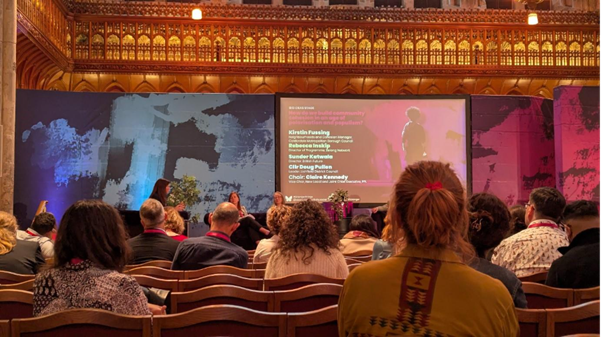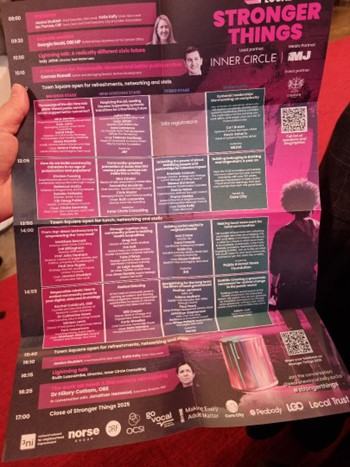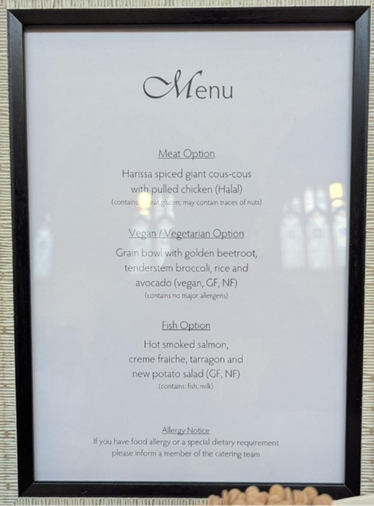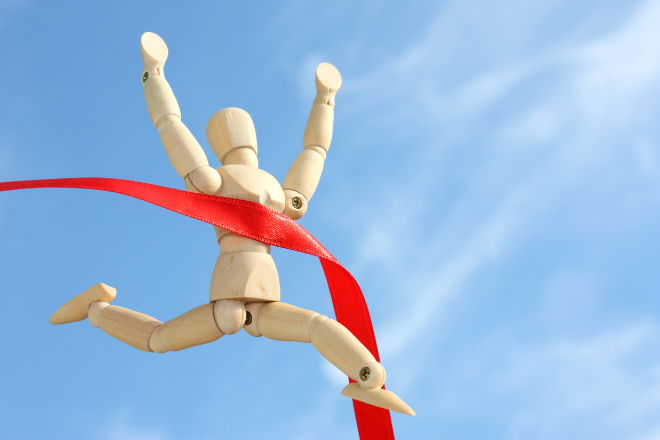
On Tuesday 3 June 2025, we were among more than 700 people from across the UK, who gathered in the beautiful Guildhall, London, to be part of New Local’s annual conference #StrongerThings.The event brought together community leaders, public sector professionals, and changemakers to improve public services. From Co-Production Collective, Kanika, Rachel and Krisztina attended in-person, Vanessa and Mandy from Pathway, the homeless and inclusion health charity, hosted a workshop on the Measuring Success in Co-Production project, and Aleem and Hania attended the conference online. In this blog, Kanika and Rachel share their reflections on attending the conference .
Rachel's experience
I was thrilled to attend Stronger Things 2025 as a Co-Production Collective community member. It was exciting to be part of a conference that looked at collaborative approaches to unlock community potential and to move beyond reactive approaches to addressing root causes. The hybrid format allowed for a truly inclusive experience, with attendees joining from across the UK and beyond.
The day was packed with inspiring speakers, thought-provoking panels and engaging workshops. My key takeaways and highlights were:
- Ian Thomas’ opening speech encouraging us to “think more strategically about the society we want to see”.
- Georgia Gould advocating for systems designed with and for people, both service users and providers, urging us to build sustainable change. She highlighted the Test, Learn and Grow approach for public service reform, which uses a continuous process to continually improve outcomes.
- Cormac Russell’s call to “never be afraid to make good trouble.”
- Indy Johar’s reminder that citizenship is both a right and a responsibility to contribute
The conference also spotlighted new research and initiatives:
- More in Common’s social cohesion snapshot revealed that 50% of British people say they feel disconnected from society.
- Citizens UK, UCL and More in Common launched This Place Matters, a new project designed to provide local and national governments with a blueprint for effective cohesion policy.
- Discussions around AI (Artificial Intelligence) raised critical questions: Is it making a positive difference? Are policies keeping pace? And how do we measure its success?
The event brought together speakers and an audience with an energy, commitment and determination to keep learning, developing and questioning. As one speaker reminded us, everyone has something to learn and something to teach. I’m grateful to have shared the space with so many passionate people, and I’m excited to keep these conversations going.

Kanika's experience

I wanted to attend this conference, as over the years, I have developed an appreciation for third sector and community organisations. Unfortunately, competing interests and changing priorities mean that governments tend to be one step behind, but third sector and community organisations can take a proactive, rather than reactive approach that provide small-scale, local solutions.
This idea can be seen in the Stronger Things agenda. Most of the sessions featured an element of long-term planning. They explored ideas that are relevant today and in the future such as Artificial Intelligence (AI), sustainability, populism and social capital. In addition to panel discussions, there were workshops which allowed you to think about applying and developing your skills in the future.
From the outset, it was clear that the day would be about proactive learning and challenging ourselves, rather than passively listening to talks. One of the introductory speeches asked us questions like “How valuable do you plan on this keynote being?” and “How much risk do you plan on taking during this keynote”?. We were then prompted to discuss our answers with the people sitting next to us.
I have a particular interest in health equity, the role of digital technologies and social media, so I attended the following sessions:
- Systemic Leadership: Murmurating on Complexity
- How do we build community cohesion in an age of polarisation and populism?
- How Community Power is Tackling Health Inequalities
- How to embed community power in your digital, data and AI strategy
The sessions also prompted reflections on the ways that I work with and interact with community spaces. Some of these reflections include:
- We should think more about how we use Artificial Intelligence (AI). It should be used as a tool, complementing rather than replacing human skills.
- Technology shouldn’t reinforce inefficient systems. For example, using technology to summarise meetings is useful, however we should still ask whether the meeting was necessary, or if an email would have worked just as well.
- Often, design and accessibility is more important than the technology itself. However, if people can’t use it, it is not worth building.
- We need multi-disciplinary teams to deliver outcomes to avoid echo chambers.
- Collecting data is one of the most important things that you can do. You don’t know, what you don’t know.
After the keynote speeches, we had a short break for networking and refreshments. There were several of these scheduled and was easily my favourite part of the day. It was fascinating to talk with experienced professionals about their career journeys and connecting with like-minded individuals to share insights about our respective projects. Everyone was so friendly and eager to get involved.
I thoroughly enjoyed the day and look forward to applying some of these practices in my future work.
I have also included a photo of the menu, for anyone interested about the food. I had the smoked salmon potato salad, which was delicious.

Final thoughts
#StrongerThings 2025 was a space for big ideas, honest conversations, and collective action. From strategic thinking to grassroots innovation, the event reminded us that real change happens when communities work and lead together.
Image credit: Canva Pro



.png)
.png)

.png)

.png)

.png)
.png)
.png)